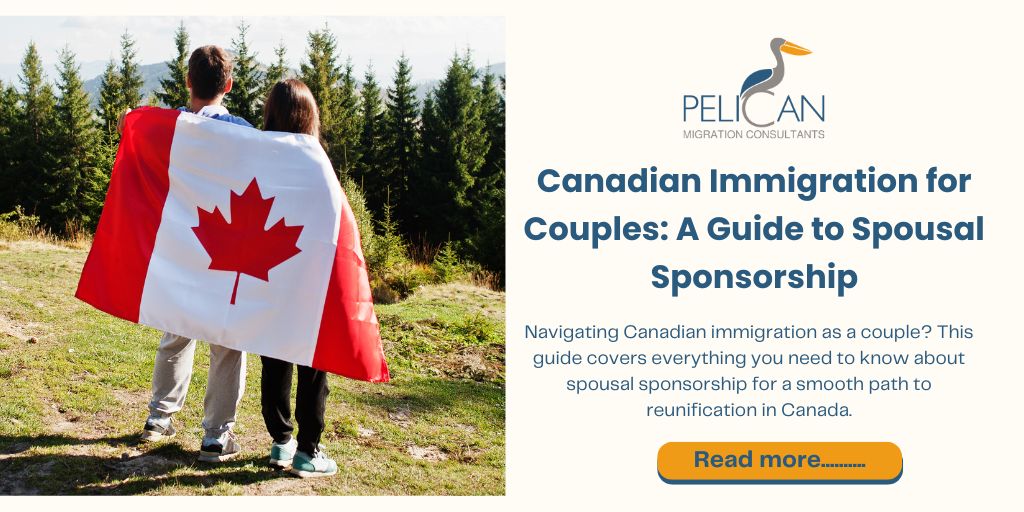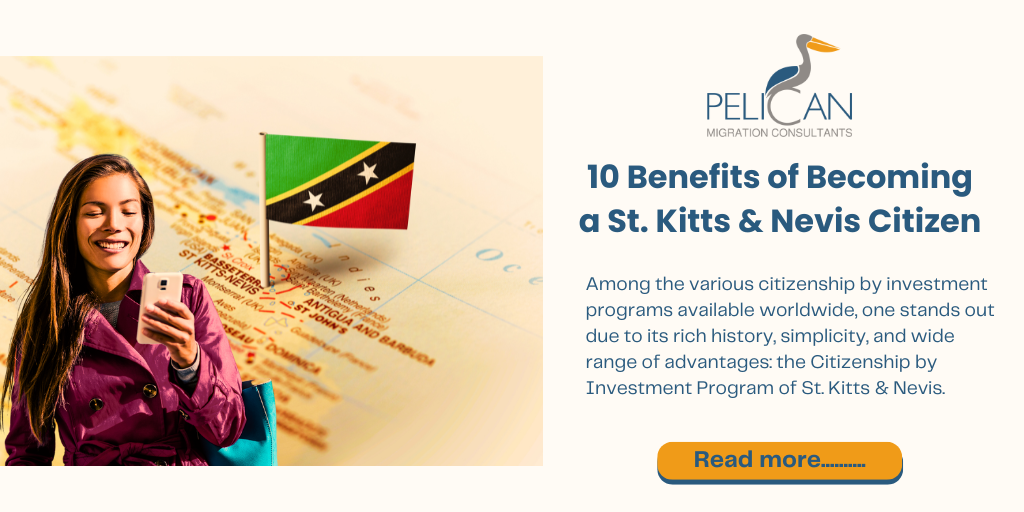
Canada offers a welcoming immigration pathway for couples who wish to build their lives together. The Spousal Sponsorship Program allows Canadian citizens and permanent residents to sponsor their spouse or common-law partner for permanent residence (PR). This program ensures that families can stay together while benefiting from Canada’s social and economic opportunities. In this guide, we will explore the eligibility criteria, application process, key aspects of spousal sponsorship in Canada, and essential financial considerations.
Understanding Spousal Sponsorship
Spousal sponsorship is part of Canada’s Family Class Immigration Program, which prioritizes family reunification. Through this program, eligible sponsors can bring their spouses or partners to Canada as permanent residents. The sponsor assumes financial responsibility for the applicant to ensure they do not require government financial assistance.
Who Can Be Sponsored?
A sponsor can apply for spousal sponsorship if their partner falls under one of the following categories:
- Spouse: Legally married to the sponsor.
- Common-law Partner: Living together in a marriage-like relationship for at least 12 consecutive months.
- Conjugal Partner: In a committed relationship for at least one year but unable to live together due to circumstances beyond their control (e.g., legal or immigration barriers).
Who Can Sponsor?
To sponsor a spouse or partner, the sponsor must:
- Be a Canadian citizen or permanent resident.
- Be at least 18 years old.
- Not be receiving social assistance (except for disability reasons).
- Be able to financially support the sponsored partner.
- Not have been convicted of violent or sexual offenses.
Financial Requirements for Sponsors
Sponsors must commit to providing financial support to their spouse or partner for three years after they become a permanent resident. This means covering their basic needs, including housing, food, and medical expenses not covered by public health insurance. If the sponsored partner applies for government social assistance within this period, the sponsor is legally obligated to repay the amount.
Types of Spousal Sponsorship Applications
There are two main types of spousal sponsorship applications:
1. Inland Spousal Sponsorship
- This applies when the sponsored spouse is already living in Canada on a valid temporary visa.
- The sponsored partner can apply for an Open Work Permit while their application is being processed.
- The couple must remain in Canada during the processing period.
2. Outland Spousal Sponsorship
- This applies when the sponsored spouse is living outside Canada.
- The application is processed through a visa office in the spouse’s home country.
- The sponsored spouse can visit Canada during the process but must maintain legal status.
Step-by-Step Application Process
Step 1: Gather Required Documents
Applicants need to submit:
- Marriage certificate (for spouses) or proof of cohabitation (for common-law partners).
- Identification documents (passports, national IDs).
- Police clearance certificates from all countries lived in for over six months.
- Medical examination by an approved panel physician.
- Proof of genuine relationship, such as shared bank accounts, property ownership, photos, and communication records.
Step 2: Complete and Submit the Application
- The sponsor must submit the spousal sponsorship application and pay the required fees.
- The sponsored partner must complete the permanent residence application.
- Applications can be submitted online or on paper to Immigration, Refugees and Citizenship Canada (IRCC).
Step 3: Wait for Processing and Provide Additional Information
- The average processing time is 12 months, but it can vary.
- IRCC may request additional documents or schedule an interview to verify the legitimacy of the relationship.
Step 4: Approval and Permanent Residency
- Once approved, the sponsored spouse receives Confirmation of Permanent Residence (COPR).
- They must land in Canada to complete the immigration process.
- If applying from inside Canada, they receive a PR card by mail.
Common Challenges and How to Overcome Them
1. Proving a Genuine Relationship
- Some applications are flagged due to insufficient proof of a real relationship.
- Submit strong supporting evidence such as travel history, messages, joint financial documents, and testimonials from friends and family.
2. Delays in Processing
- Incomplete applications can lead to delays.
- Double-check all documents and ensure everything is complete before submission.
3. Rejected Applications
- Common reasons for rejection include missing documents, inconsistencies in statements, or ineligibility.
- In case of rejection, an appeal can be filed with the Immigration Appeal Division (IAD).
Comparing Inland vs. Outland Sponsorship: Which One is Right for You?
| Feature | Inland Sponsorship | Outland Sponsorship |
| Can apply from within Canada? | Yes | No |
| Can apply for an Open Work Permit? | Yes | No |
| Processing time | Similar for both | Similar for both |
| Travel outside Canada allowed? | No | Yes |
Settlement Support for Sponsored Spouses
Once approved, the sponsored spouse will need to adjust to life in Canada. Here’s what they should consider:
- Finding Accommodation: Newcomers can explore rental housing options or live with their sponsor initially.
- Healthcare Registration: Apply for provincial health insurance as soon as possible.
- Employment and Education: New PRs can work or study without restrictions.
- Language and Community Support: Government-funded settlement services offer free English/French classes and employment assistance.
How Pelican Migration Consultants Can Help
Navigating the spousal sponsorship process can be complex, but Pelican Migration Consultants is here to help! Our team of experts ensures that your application is complete, accurate, and well-documented to avoid unnecessary delays or refusals. Here’s how we assist:
- Eligibility Assessment: We review your case to determine the best sponsorship route.
- Document Preparation: Our team helps gather, organize, and submit all required documents.
- Application Submission: We handle the process from start to finish.
- Legal Advice & Representation: If needed, we provide guidance on addressing challenges.
- Ongoing Support: We keep you informed throughout the application process.
Frequently Asked Questions (FAQs)
1. Can I sponsor my spouse if I don’t have a job?
Yes, as long as you can show that you are not receiving social assistance and can provide financial support.
2. Can my spouse work in Canada while waiting for PR approval?
Yes, inland applicants can apply for an Open Work Permit.
3. What if my application is rejected?
You can appeal the decision or reapply with stronger supporting documents.
4. Can my spouse travel while the application is in process?
Outland applicants can travel, but inland applicants should remain in Canada to maintain their eligibility.
5. How can I speed up the processing of my application?
Submitting a complete application with strong supporting documents helps avoid unnecessary delays.
Conclusion
The Spousal Sponsorship Program is an excellent way for couples to reunite and build their future in Canada. With proper preparation and professional assistance, you can navigate the process smoothly. Pelican Migration Consultants is committed to helping you every step of the way. Contact us today for expert guidance on your Canadian immigration journey!


